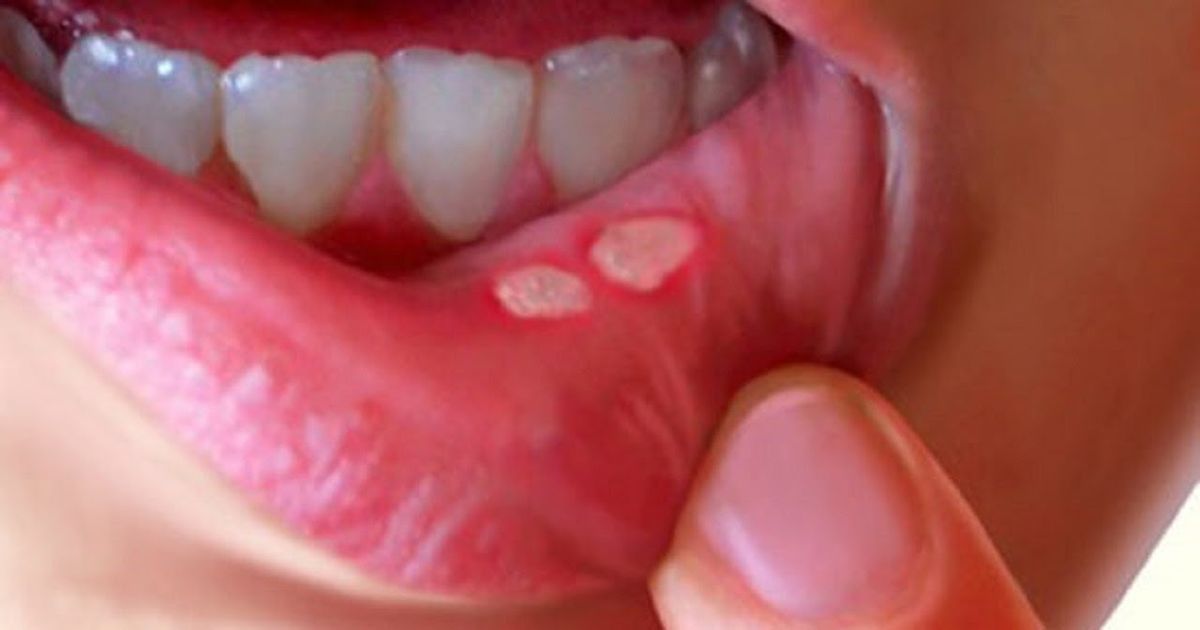How To Detect And Defend Against Early Signs Of HIV
Mouth Sores

Approximately one-third of HIV patients will develop mouth sores due to a weak immune system. These sores are often recurring and significantly affect the patient's quality of life, making it difficult to eat and take medication. One of the most common viruses of the mouth is the herpes simplex virus. It is also known as oral herpes. This virus appears as red sores in the mouth, and these sores are often painful. Oral herpes is, thankfully, treatable with medication to stop new outbreaks. Individuals affected should avoid sharing foods since herpes is highly contagious.
Mouth lesions known as ulcers and canker sores are also a common type of highly painful mouth sore. They tend to develop on the inside of the lips, cheeks, and tongue. Some over-the-counter creams and mouthwashes can reduce inflammation.
Genital Ulcers

The presence of genital herpes could also be a sign of both early and late-stage HIV. Having herpes can also be a risk factor for contracting HIV, as genital ulcers make it easier for HIV to enter the body during sexual intercourse. Due to a weakened immune system, individuals with HIV tend to have frequent and severe herpes outbreaks.
One study showed that genital ulcer symptoms increased both during and after acquiring HIV. The study found that patients with newly acquired HIV infections were more likely to have pre-existing herpes simplex 2 virus (HSV-2). This virus is what causes genital ulcers. Patients who had this pre-existing condition also had higher HIV viral-load levels than those who did not.
